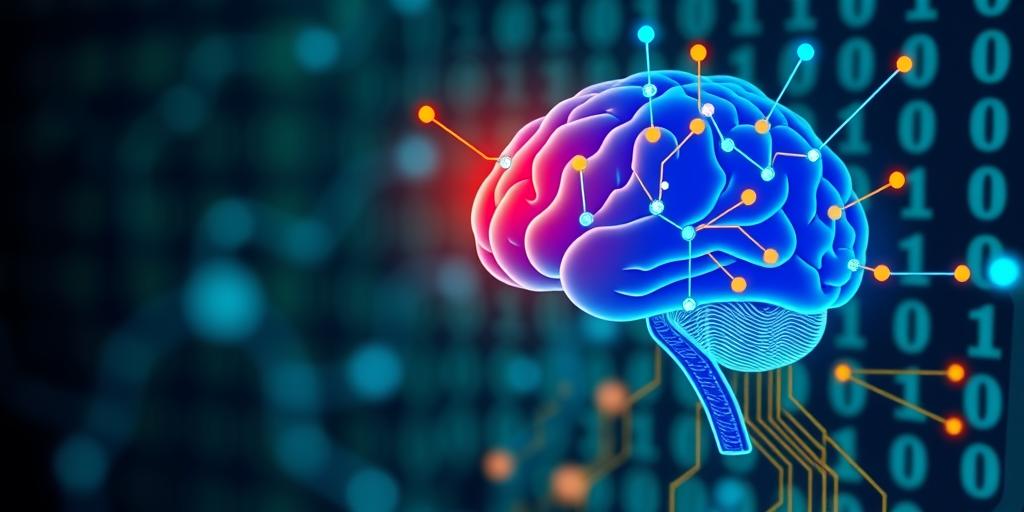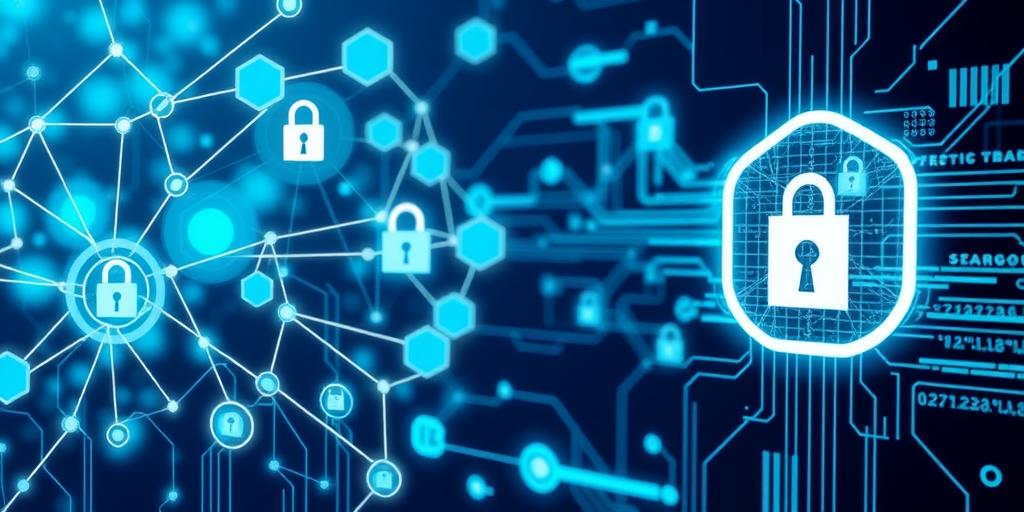
Examining the Social Impact of Tech
Examining the Social Impact of Tech
Technology's rapid advancement has brought unprecedented convenience and progress, but it also casts a long shadow on society. This post will analyze the multifaceted social impacts of technology, exploring both its benefits and drawbacks.
The Double-Edged Sword
Technology is a double-edged sword. On one hand, it:
- Connects us globally: Social media platforms and communication tools bridge geographical distances, fostering communities and enabling instant information sharing.
- Boosts productivity: Automation, AI, and efficient software streamline processes, increasing productivity across various industries.
- Improves healthcare: Medical technology, from advanced imaging to robotic surgery, enhances diagnostics, treatment, and patient care.
- Enhances education: Online learning platforms and educational apps provide accessible and personalized learning experiences.
However, the other side of the sword reveals:
- Digital divide: Unequal access to technology and digital literacy exacerbates existing social inequalities.
- Job displacement: Automation and AI threaten jobs in various sectors, leading to unemployment and economic disruption.
- Privacy concerns: Data collection and surveillance technologies raise concerns about privacy violations and potential misuse of personal information.
- Social isolation: Excessive screen time and social media use can lead to social isolation, loneliness, and mental health issues.
- Misinformation: The rapid spread of fake news and disinformation can erode trust in institutions and polarize society.
The Digital Divide: A Growing Inequality
The digital divide, the gap between those who have access to technology and those who do not, is a significant social issue. This divide disproportionately affects low-income communities, rural areas, and marginalized groups. Bridging this divide requires:
- Infrastructure development: Expanding broadband access to underserved areas.
- Affordable devices: Providing low-cost or subsidized devices to low-income individuals and families.
- Digital literacy programs: Offering training and education to help people develop essential digital skills.
Navigating the Ethical Minefield
The ethical implications of technology are vast and complex. As technology becomes more integrated into our lives, it is crucial to address the ethical challenges it presents, such as:
- AI bias: Ensuring that AI algorithms are free from bias and discrimination.
- Autonomous weapons: Regulating the development and use of autonomous weapons systems.
- Data privacy: Protecting personal data and ensuring transparency in data collection practices.
The Future of Tech and Society
Looking ahead, technology will continue to shape society in profound ways. It is essential to proactively address the social impacts of technology to ensure a more equitable and sustainable future. This includes:
- Promoting digital inclusion: Ensuring that everyone has access to the benefits of technology.
- Investing in education and training: Preparing workers for the jobs of the future.
- Developing ethical guidelines: Establishing clear ethical frameworks for the development and use of technology.
- Fostering collaboration: Encouraging collaboration between governments, businesses, and civil society to address the social challenges of technology.
Long-tail keyword variations:
- Social impact of technology on society
- Positive and negative effects of technology
- Ethical considerations in technology development
- Technology's impact on social interaction
- Combating the digital divide in modern society







